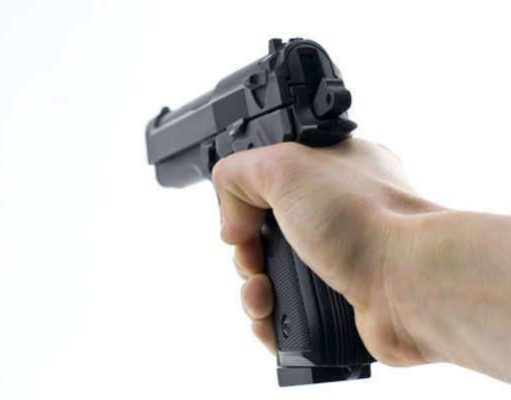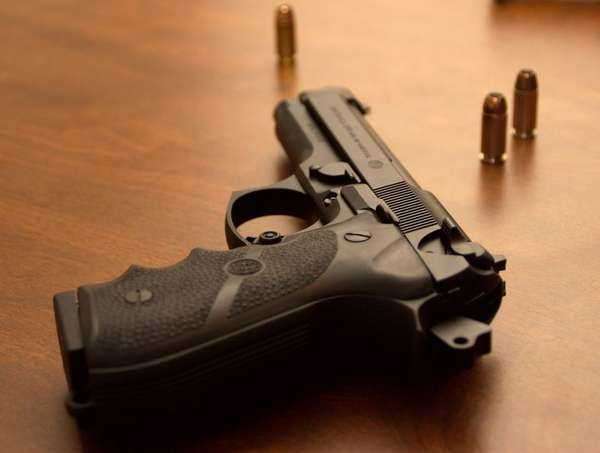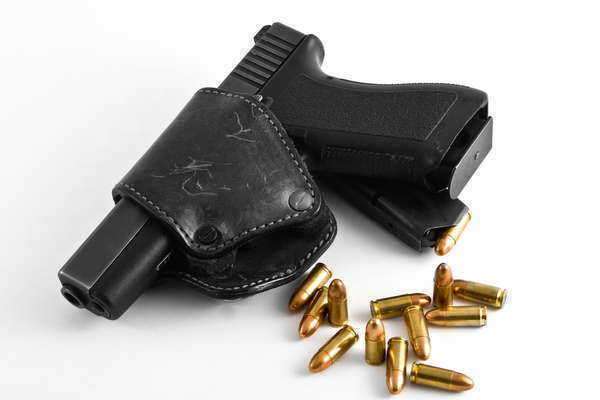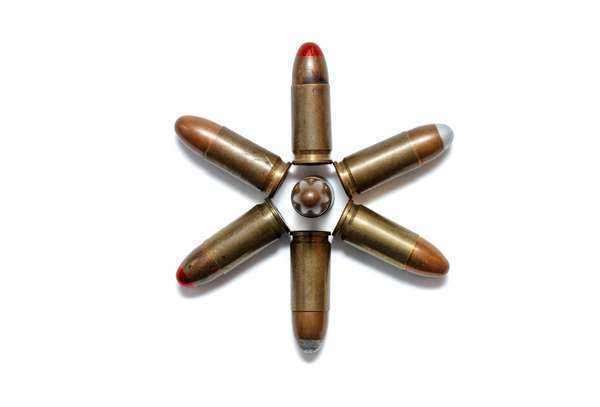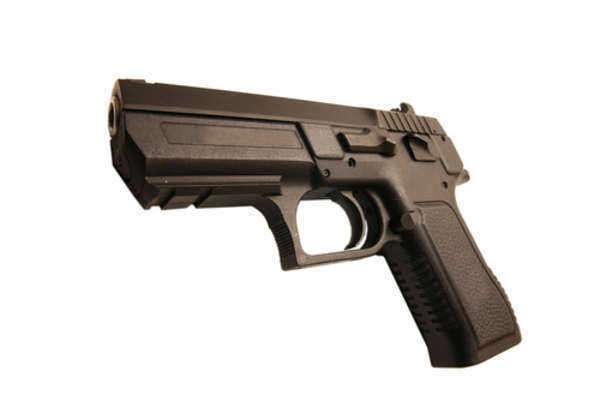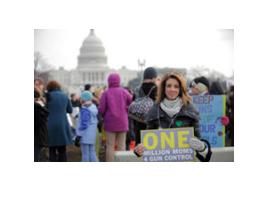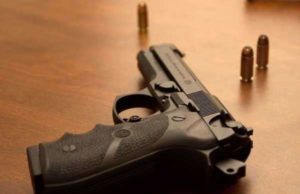South Carolina Gun Laws
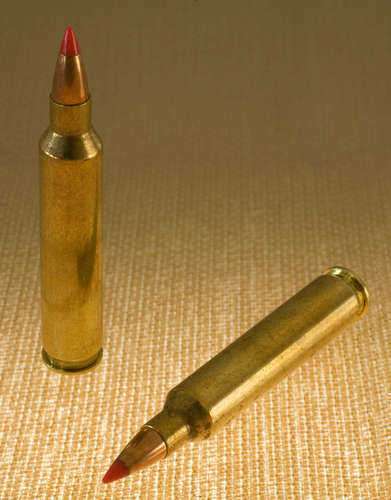
SOUTH CAROLINA GUN LAWS & REGULATIONS UPDATE 2023
A DECADE OF CHANGE: AN UPDATED OVERVIEW OF SOUTH CAROLINA’S GUN LAWS AND REGULATIONS TIMELINE (2013-2023)
Over the past ten years, South Carolina’s gun laws have seen significant changes, reflecting the state’s commitment to upholding Second Amendment rights while addressing evolving perspectives on public safety. From concealed carry to background checks, these developments underscore South Carolina’s dedication to responsible firearm ownership. This article provides an overview of the key updates in South Carolina’s gun laws and regulations from 2013 to 2023, presented in bullet points:
2013 – “Stand Your Ground” Law Enactment:
– Introduction of laws allowing individuals to use deadly force in self-defense without a duty to retreat.
– Emphasis on protecting individuals’ right to defend themselves and their property.
2014 – Enhanced Background Checks for Concealed Carry:
– Strengthened background checks for concealed carry permit applicants, focusing on mental health evaluations and criminal history reviews.
2015 – Firearm Dealer Licensing Requirement Discussion:
– Exploration of potential firearm dealer licensing requirements to enhance oversight of gun sales.
2016 – Enhanced Reporting on Lost or Stolen Firearms:
– Strengthened laws requiring firearm owners to report lost or stolen firearms to law enforcement within a specific timeframe.
2017 – Enhanced Penalties for Gun Crimes:
– Introduction of legislation enforcing stricter penalties for individuals convicted of gun-related crimes.
– Aims to deter illegal firearm use and promote public safety.
2018 – Open Carry Reform:
– Exploration of potential legislation allowing open carry of firearms for individuals with a valid concealed carry permit.
2019 – Firearm Storage and Child Access Prevention Laws:
– Enactment of laws promoting responsible firearm storage and holding adults accountable for securing firearms from children’s access.
2020 – “Red Flag” Law Discussion:
– Discussion around the potential implementation of “red flag” laws, allowing law enforcement to seek temporary firearm removal for individuals posing risks.
2021 – Enhanced Reporting on Mental Health and Firearm Access:
– Exploration of ways to improve the reporting and evaluation of mental health records in relation to firearm background checks.
2022 – Background Checks for All Gun Sales Proposed:
– Discussion around potential legislation to require background checks for all firearm sales, including private transactions.
2022 – Enhanced Oversight of Firearms Dealers:
– Exploration of measures to enhance regulation and oversight of firearm dealers.
2023 – Concealed Carry Reciprocity and Reform:
– Discussion around potential reforms to concealed carry permit reciprocity agreements with other states.
2023 – Firearm Training and Safety Initiatives:
– Introduction of initiatives promoting firearm safety education and training among gun owners.
– Emphasis on responsible practices and handling.
2023 – School Safety Measures Enhancement:
– Exploration of potential measures to enhance school safety, including resource officers or armed personnel.
South Carolina’s gun laws have evolved over the past decade, reflecting the state’s commitment to responsible firearm ownership and community safety. These changes demonstrate South Carolina’s proactive approach to firearm regulation. As the state continues to adapt its laws, it remains crucial for stakeholders, policymakers, and the public to engage in informed discussions that prioritize individual rights while maintaining community security.
Gun statistics rating the strictness of states across the county label the state of South Carolina as fairly restrictive. No permit is necessary in the purchase of any type of firearm; no registration of firearms is enforced; permits to carry are only issued to those seeking to carry a concealed handgun.
Furthermore, non-residents to the state of South Carolina may also purchase rifles or shotguns in the state, as long as he/she follows the necessary laws of the state as well as federal regulations. Only residents of South Carolina are allowed to purchase handguns within the state’s borders. Age restrictions are not succinctly specified in the states legislature in regards to the purchase of firearms, but it can be assumed that a minimum age of 18 is required.
Possession of firearms is not restricted by permits in the state of South Carolina. Anyone under the age of 21, and those convicted of violent crimes may not be in possession of a firearm. However, South Carolina does have a special set of rules and regulations that pertain to automatic guns or machine guns. South Carolina firearm laws define a machine gun or automatic gun as a weapon that can fire in more than one shot in an automatic fashion, or without having to manually reload, and do so in the capacity of a single function of the firing mechanism. By South Carolina law, it is considered illegal to possess automatic guns or machine guns.
This also includes sawed-off shotguns and rifles. The only individuals exempt from being not being able to possess automatic guns are those currently involved with the armed forces or military, and law enforcement officers. Automatic guns kept for display or as relics must be considered inoperable and not usable. Automatic guns kept as relics must also be registered with the State Law Enforcement Division.
The carrying of concealed handguns may only be done under a specific license. It is restricted to people who are over the age of 21 and residents of the state. Non-residents that own property in the state are also eligible. Furthermore, to apply for the license, an individual must also provide proof of having 20/40 vision, corrected or otherwise.
Permits are available at a cost of $50 and valid for up to five years. Along with the application, the qualified applicant must provide proof of residency, training, fingerprints, and a current photograph of his/her face. The application is submitted to the Chief of the State Law Enforcement Division for review. Even with a permit to carry certain locations are off limits to concealed weapons. Some of them are:
Any kind of school, including public, private, day care, pre-schools, and colleges.
Courthouse.
Places of religious worship, unless approved by the appropriate person.
Any kind of facility, building, or office pertaining to the local, state, or federal government.
People with valid hunting licenses are also allowed to carry firearms, specifically during the allotted hunting seasons, and while traveling to and from such activity.

